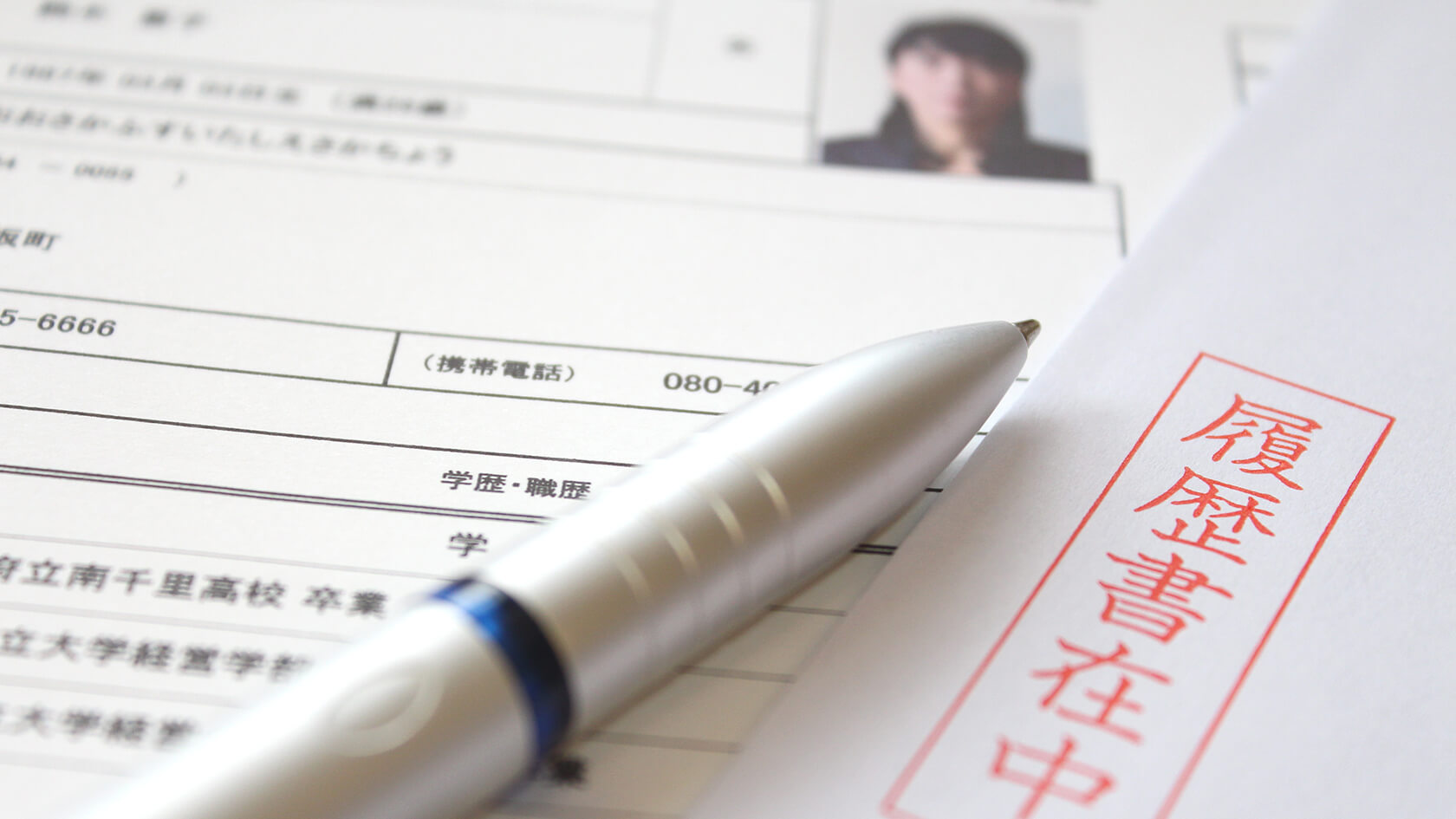How to Approach Job Hunting in Japan

If you are planning to seek a job in Japan as a professional, then consider the job hunting process as your doorway to the land of the rising sun. There are about 340,000 foreign workers expected to work in the country over the next 5 years under a new government-led system.
While other countries’ labor problems focus on having many potential workers but only a few jobs, Japan is the opposite. The country has many jobs to offer but only among too few workers. This current labor shortage coincides with Japan’s shrinking working-age population. According to recent government projections, the population might fall below 60 million by 2040, creating a labor shortfall of up to 8 million workers.
Table of contents
How to Approach Job Hunting in Japan
The government is putting efforts into expanding Japan’s labor pool, particularly in the administration of Prime Minister Shinzō Abe, where it is “promoting the dynamic engagement of all citizens.” As a result, more women are now actively engaging in the conservative Japanese workforce and there is an increasing demand for foreign workers in the country.
The “closed Japanese company” mindset is evolving. Today, more firms intend to hire foreign talents or express the desire to do so for the next few years. Japan is opening its doors to more foreign applicants, and chances are, there’s at least one job position that is best suited for you.
International work experience is one valuable asset to have on your CV. If you are planning to gain international work experience in Japan, this opportunity might just change your life for the better.
Shūshoku Katsudō – The Basics

Every April of the year, it is common to see a bunch of soon-to-be graduates in Japan bustle their way around town dressed in black business attire. With a briefcase and their CV in hand, these meticulously dressed young adults aim to land a job at one of the country’s most reputable companies.
This year-long hiring process is known as the season of ‘Shūshoku katsudō’, which translates to job-hunting activity. Known as shūkatsu for short, third-year students in various universities across Japan drop their classes to attend career seminars at their schools and elsewhere. In their final year, they submit applications for job openings and endure a selection process to secure post-graduation employment (‘naitei’).
Shūkatsu is the traditional and predominant recruiting practice observed in Japan. Employers and university placement numbers aside, students make use of this annual activity as a chance to elevate their social status based on the outcome of their job hunt. This practice is also considered as the preferred method for filling regular corporate positions in large firms.
As students embark on their job-hunting journey, those who were notably passive and careless suddenly begin to use polite, respectful language and exhibit leadership traits as they aim to impress prospective employers. This metamorphosis is typically observed among young adults as they enter into the “real world” setting of adulthood. Thus, they emerge as the new Japanese businesspeople in training.
Online Job Databases, Recruitment Agencies, and Job Fairs

Traditionally, Japanese university students attend presentations from various company recruiters during the shūkatsu season. However, thanks to technological advancements in the modern era, there are obvious changes in this recruitment process as seen in the likes of job-seeking platforms and online job databases.
Rather than listing job descriptions and salaries like typical shūkatsu advertisements, online job-seeking platforms focus on finding the right match between potential candidates and small companies through shared values and interests. This is ideal for job seekers who are open to taking less conventional career paths away from larger corporations.
As the country faces a tight labor market, recruitment agencies and job fairs also help job seekers in Japan land their dream job. Several major firms are changing their employment and recruitment policies to hire graduates and job seekers year-round.
New Graduate vs. Mid-Career Recruitment

There are 2 major types of jobseekers in Japan, categorized as either new graduates or mid-career recruits. University students who graduate in February and enter the workforce in April are known as the “new graduates.” With a fresh mindset and the eagerness to start, large corporations remain to be in favor of hiring new graduate recruits. Some Japanese companies tend to increase recruits only during April to optimize the cost of training new hires.
On the other hand, mid-career recruits are those who graduated from school beyond the April window (commonly in September) and young professionals who already have a certain amount of work experience at a company. Recruiting mid-career candidates usually indicate that a company is looking for someone with a high level of expertise or a record of accomplishment related to the position.
Major Japanese firms prefer recruiting new graduates to mid-career job seekers on a large scale. However, this practice is becoming a thing of the past, as mid-career recruitment is becoming more common in response to changes in employment practices.
Entry Sheets and Japanese-Style Resumes

An entry sheet (ES) is a job seeker’s basic application form. Consider it as an important document towards your dream job. Generally required for entry-level positions, it consists of questions regarding your personal and educational background and a short essay section to present your experiences and motivation.
Many companies in Japan decide whether to invite you to an interview depending on your ES. Recruiters sort out 90% of the candidates this way. They often make their decision within seconds of seeing your form – so make sure it gives off the best impression of who you are and what you have to offer.
An effective ES conveys relevant personal information politely and concisely. To achieve this, focus on your skills and key experiences and take the company’s perspective. Be specific about how you can help the company and how your skills can be put to good use.
If you are employed or you have ample work experience, you can fill out a Japanese-style resume instead. This document presents a more detailed list of your achievements and past responsibilities. Some Japanese companies prefer handwritten resumes, but in recent years, most companies have begun to accept typed resumes.
Entry sheets and Japanese-style resumes have a strict structure, so do your research well and adhere to the unique rules before you fill out the documents.
Written Exams and Interviews

Just like any other job screening process around the world, you also need to go through written exams and interviews when job hunting in Japan.
The type of exam varies from one company to another. Some of the most common written exam types are aptitude tests, general knowledge tests, and essay writing. Other companies may also provide their own exams to screen the selected applicants.
During the interview phase, practice the Japanese customs of courtesy and politeness as much as possible. This will leave a great impression on the interviewer and they will surely remember your great manners fondly. Being the candidate who can demonstrate a deep understanding of Japanese culture may just give you an edge over everyone else.
If you want to receive a job offer from your dream company, better prepare well every step of the way. Give the impression that you are a team player. An interview is simply a way for companies to assess how an applicant would fit into an organization and culture.
On the day of your scheduled exam or interview, be sure to arrive on time, set your phone to silent mode, and dress appropriately.
Job Offers and Starting Your New Life in Japan

So you aced the examinations and the interview— and fortunately, you were chosen for the position. Before you accept the job offer and start your new life in Japan, you might want to consider various factors that might affect your daily life.
For instance, you need to secure legal paperwork. You need to have the right visa or work permit should you work in the country. Talk to your employer if they are willing to assist you in the process. Another thing is knowing your expected salary after taxes. Research the possible cost of living; especially on accommodation, food prices, and transportation. This gives you an idea of the lifestyle you can afford after you move abroad.
Also, acquaint yourself with the working conditions of the job. It may not be similar to what you were used to in your home country. Your new company’s working hours and holidays might be different, so better ask your employer about it.
Today’s global economy provides job seekers with various options to work abroad. More companies in Japan are welcoming foreign workers, especially in the industries of restaurant, nursing, education, and technical/training.
Conclusion
Amid the current labor shortage, Japan is laying the groundwork for economic recovery.
Gone are the days where job seekers rely on traditional job-hunting activities to land a job. Thanks to advancements in the modern area, non-traditional employment is also on the rise. Large and well-known companies remain to be a solid choice for many—but many of those who are searching for jobs also become open-minded about their prospects. They now consider smaller companies and firms on their list, as well.
Many Japanese companies also confront the changes in the economy and the diversification of values. As a result, the number of foreign workers in the country is continuously increasing. There is a growing demand for foreign talent to work in Japan across different industries, most notably in nursing, technical, restaurant, and education.
Gaining work experience in Japan is a valuable asset to include in your CV, and it may also be the reason for you to stay in the country for good. Today’s global economy relies on skilled foreign workers to help the country’s labor pool – so why not try your luck and browse through the available jobs in Japan today?
You may just be one click away from landing your dream job in Japan.
Motto Japan, the community platform to support foreigners with the foundation for life in Japan, including Japanese study, job opportunities, and housing service. Motto Japan Media will provide a wide variety of information for Japanese fans all over the world, to create a cross-cultural environment and enrich the life of foreign residents in Japan!













Leave a Reply